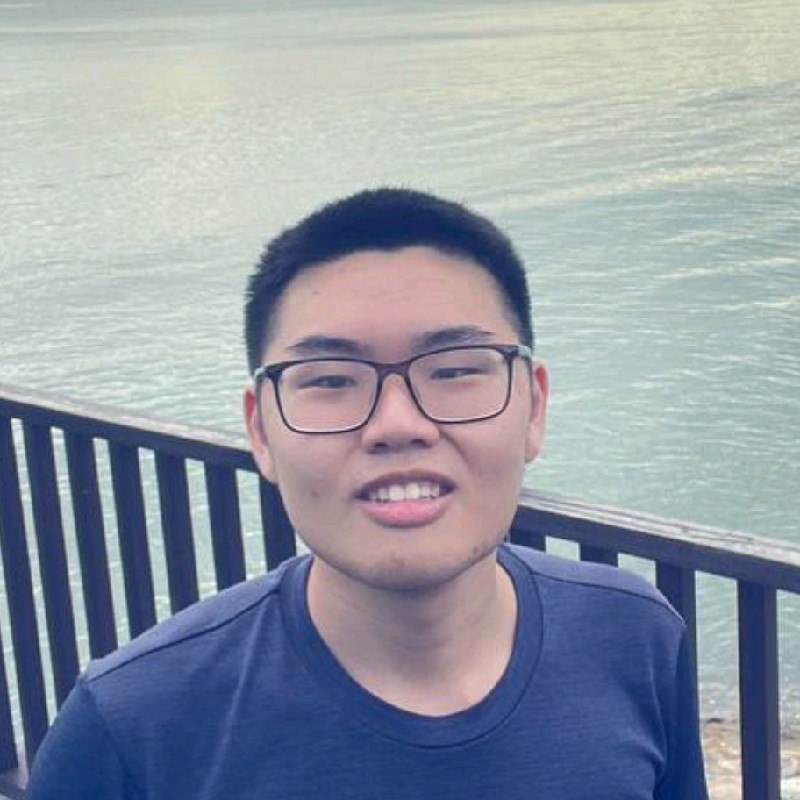HSH1000 The Human Condition
Published:
Academic Year 2023 - 2024
Semester 1
NUSMods Description
Across intellectual traditions of the world, fundamental concerns relating to the triumphs and problems of social organization and what a worthwhile life is have persisted through the changing circumstances of every historical age. This course introduces you to some of these enduring concerns and gives you the opportunity to engage critically with them through reading and discussing texts and other media. In the process, you develop an appreciation for the complexities of being human as you practice and sharpen useful and transferable critical thinking skills that are useful in a variety of contexts. What is the essence of being human?
Review
The module coordinator was (probably is still) Assoc. Prof Loy Hui Chieh. This is my first philosophy-type module in NUS, and I am taking this to fufill the CHS Humanities Pillar. This module focuses mostly on what does it mean to be human from various different perspectives from different times in history and also different regions of the world.
The most painful part of this module is probably the reading. I just uploaded the pdf of the reading into a text-to-speech software and I just listen to it being read while travelling to and fro school to save time. I think I am glad I took this class because it has helped be form what profs called “Considered Opinions / Thoughts”. There were many new ideas pertaining what does being humans being. The Ones Who Walked Away From Omelas taught me that nobody is right or wrong on whether to adopt utilitarianism, it really depends on what the individuals prioritises as important. Gilgamesh taught me the distinctions that separate humans from the beasts, and that one distinctive difference is that humans are cursed with the knowledge to die, and hence, we should live each day to the fullest. Xun Zi taught me that rituals are what distinguishes humans from other beings. No Exit tells us humans are often imprisoned by the opinions of others, whereas A Number says that each human, whether you are a clone of one another, are still distinct in their own way and personality. Told you this module is enlightening. I think every SoC student should take this class. That is because SoC seemed so liveless and people seemed to be only fixated on \(\) and Leetcode. C’mon, there is more to life than those.
Tutorials were fun, but I feel so old since almost everyone is Year 1 (and some Year 2) and I was a Year 3 in that class. I am mostly very lost (ok, maybe slow) when it comes to thinking about certain responses to the questions. I think maybe my brain is not wired to think as such. Luckily, there was a political science girl in my tutorial group who corrected all my English and gave us very good ideas.
For the project, it was not particularly hard for me, as I already had an idea on what I wanted to present for my exhibition. I was not expecting much from this course because I will probably get wrecked by the cohort (mostly FASS people), so I focused on developing myself in terms of the skills I am expected to learn from the course. Surprisingly, I got an A- for this course, which was surprising given how badly I did for some of the high-weightage quizzes. These quizzes are very abstract and situational which forces us to apply the ideas and concepts (abstract ones) into the respective situations, which obviously makes it 10000x harder. Despite this, effort bears fruit here. I clearly became more human after this module.
